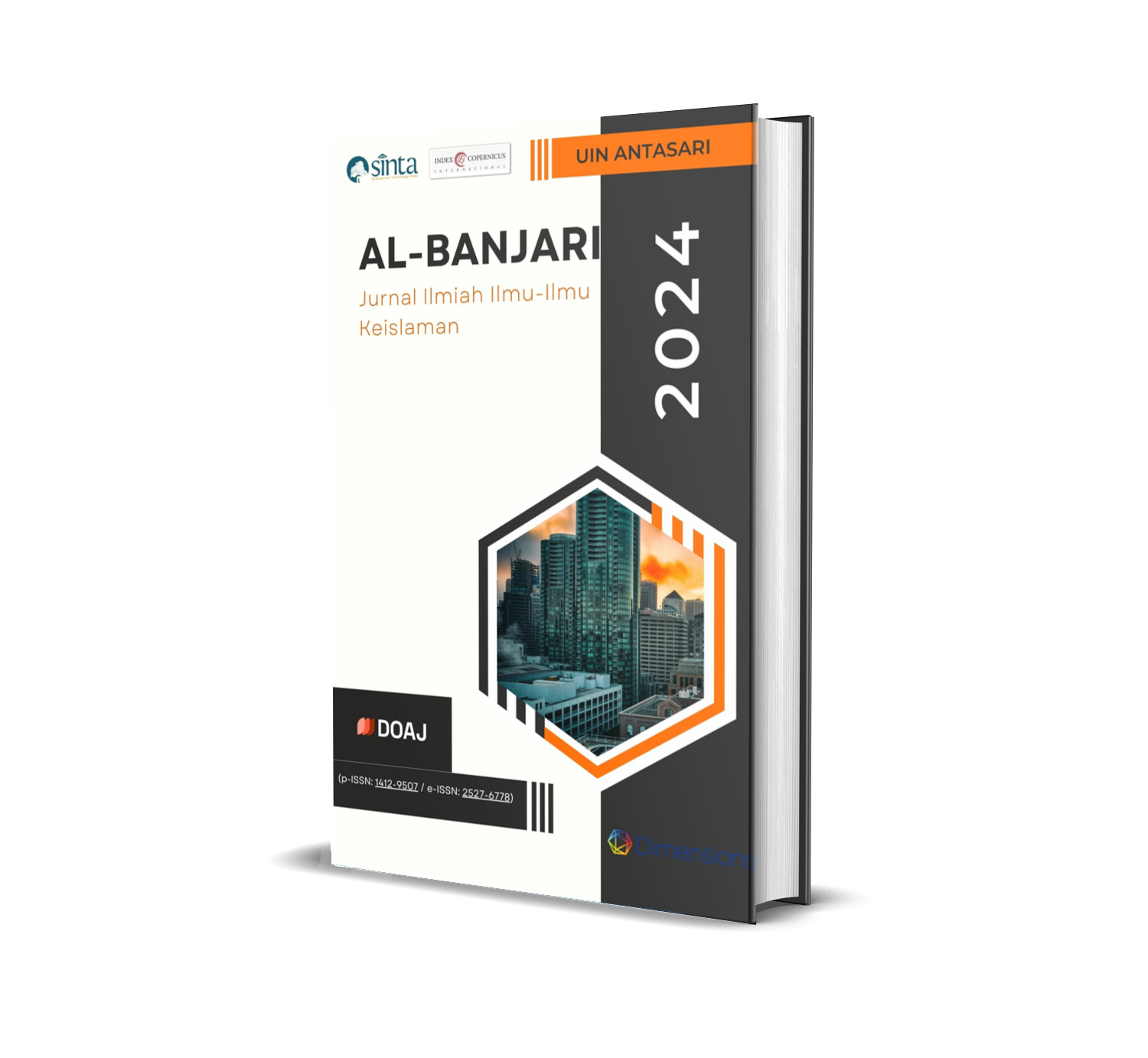The Motivation of People Going to Hajj Repeatedly: Discussion About Experience and Awareness of Religion as Islamic Culture in Yogyakarta, Indonesia
DOI:
https://doi.org/10.18592/albanjari.v23i1.12695Abstract
The issues that arise regarding the Hajj include those who wait in line for years without being called by the Ministry of Religious Affairs. There is also a strong motivation for some to perform the Hajj multiple times. The research problem consists of two variables: first, why do people go on Hajj repeatedly; second, is it true that the religious experience during Hajj is a factor in the desire to perform Hajj again? This study aims to analyze the motivation of people to perform Hajj repeatedly in the holy land from the perspective of religious psychology (religious consciousness). The method used in this study is qualitative, a field study with interview and documentation methods. The respondents in this study are all pilgrims who have performed Hajj at least twice and reside in Yogyakarta and its surroundings. The results of this study prove that there is an influence of understanding regarding the legal conclusions on religious orders about performing Hajj. It is believed that performing Hajj once in a lifetime is obligatory, while performing it multiple times is considered sunnah and therefore unlimited. Secondly, the religious experiences encountered during the Hajj rituals in the holy land of Mecca. These personal and spiritual religious experiences vary among pilgrims. The differences are due to the place, time, atmosphere, health conditions of the pilgrims, and the quality of understanding of religious teachings. Among the religious experiences that tend to raise religious awareness can take the form of specificity, emotion, amazement, and also helplessness, leading to self-introspection, which further impacts the growth of personal and social holiness. Lastly, the task given by an institution or another person is believed to be a call from Allah, as not everyone gets the opportunity to perform Hajj. The Hajj culture in Indonesia is not just a tradition or ritual but an enhancement of Islamic culture that has implications for Islamic culture. It is known that 80-100% of Indonesians are motivated to perform Hajj.Downloads
Published
2024-07-16
Issue
Section
Articles
License
Copyright (c) 2024 Mohammad Jailani, Miftachul Huda

This work is licensed under a Creative Commons Attribution-ShareAlike 4.0 International License.
Authors who publish with this journal agree to the following terms:
- Authors retain copyright and grant the journal right of first publication with the work simultaneously licensed under a Creative Commons Attribution License that allows others to share the work with an acknowledgement of the work's authorship and initial publication in this journal.
- Authors are able to enter into separate, additional contractual arrangements for the non-exclusive distribution of the journal's published version of the work (e.g., post it to an institutional repository or publish it in a book), with an acknowledgement of its initial publication in this journal.
- Authors are permitted and encouraged to post their work online (e.g., in institutional repositories or on their website) prior to and during the submission process, as it can lead to productive exchanges, as well as earlier and greater citation of published work (See The Effect of Open Access).


































